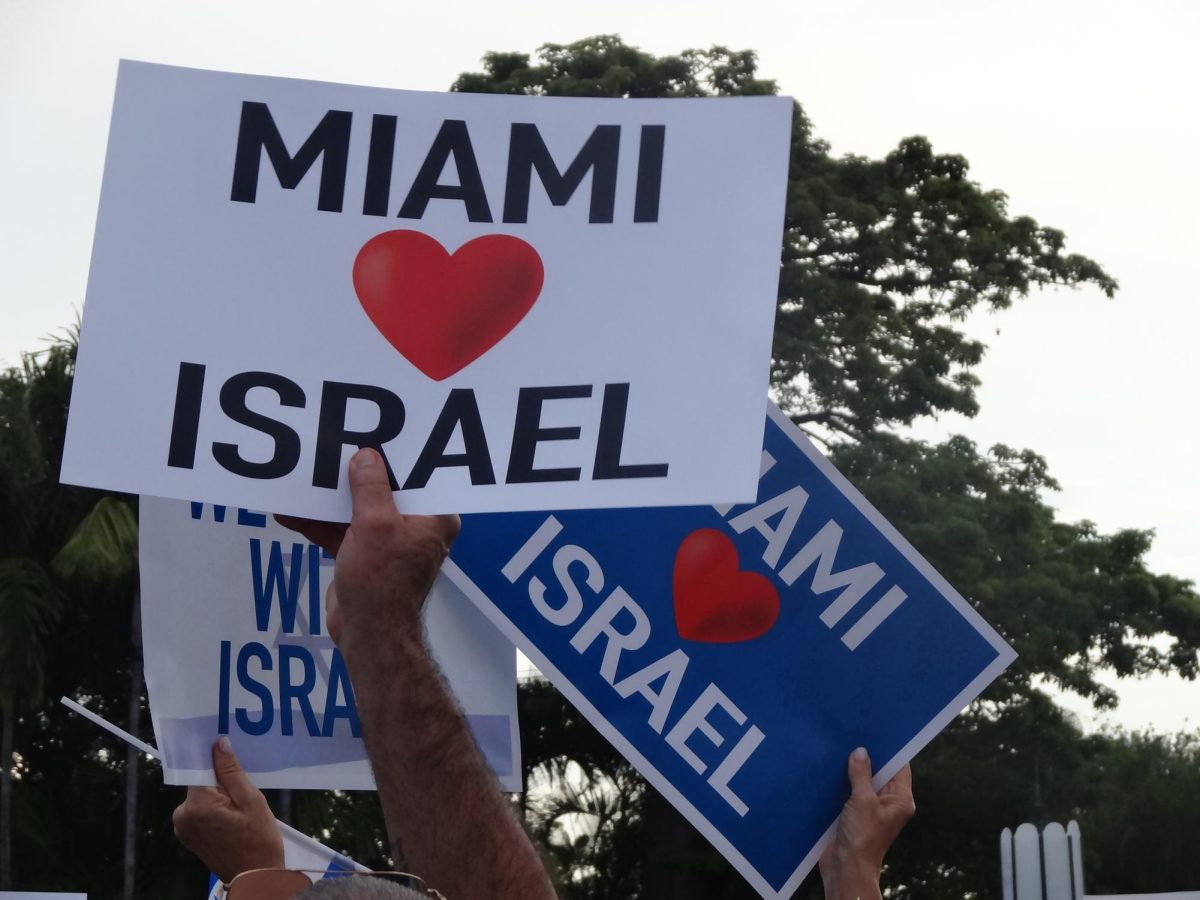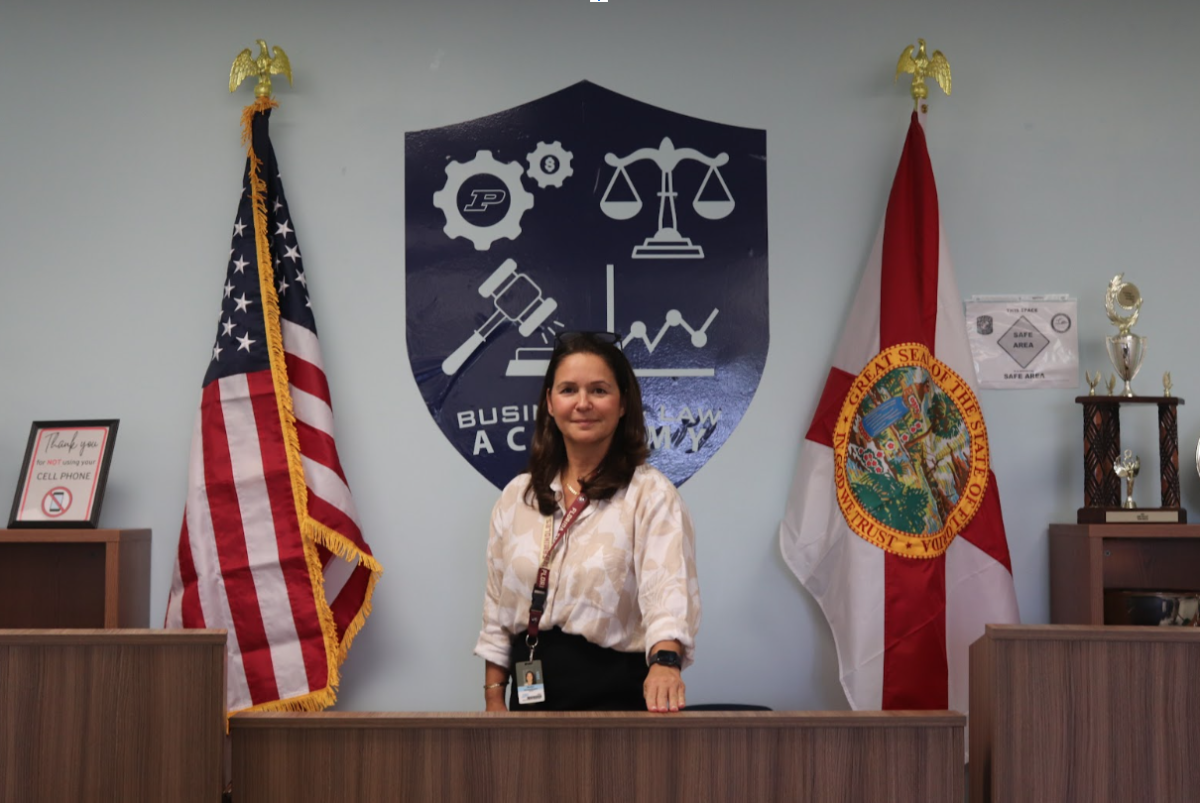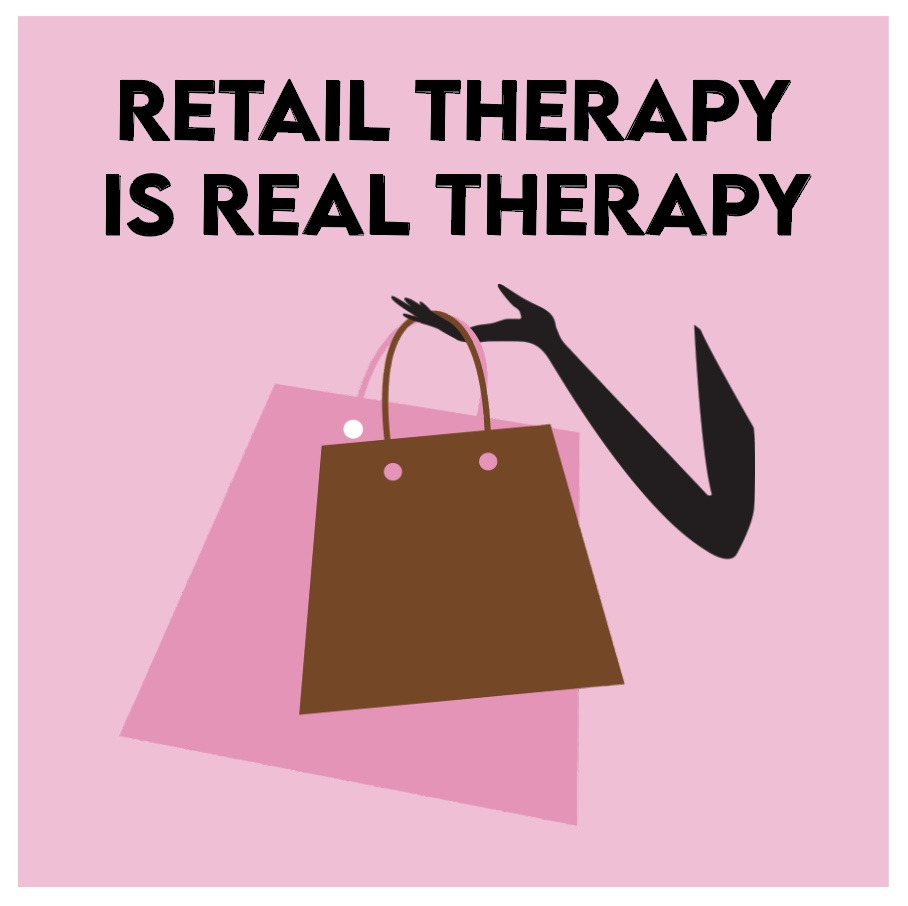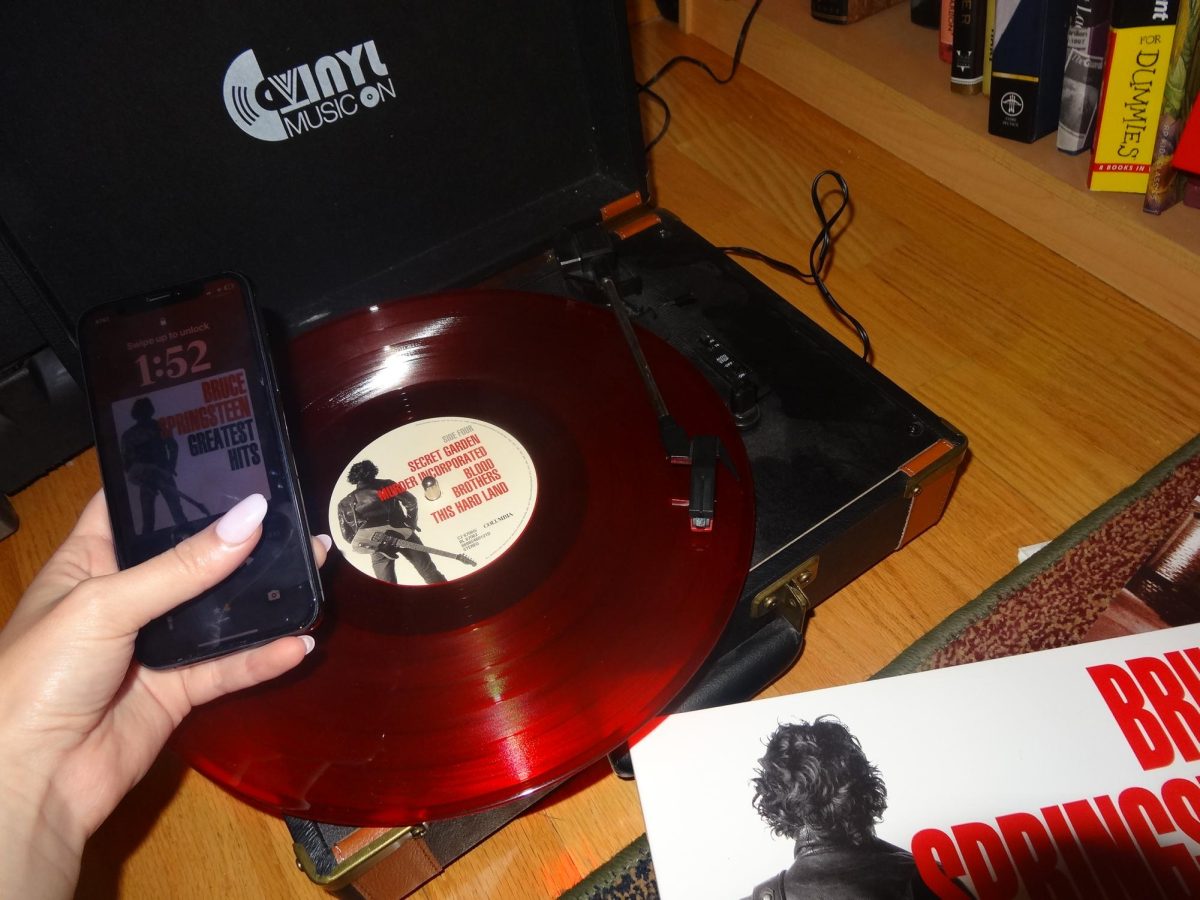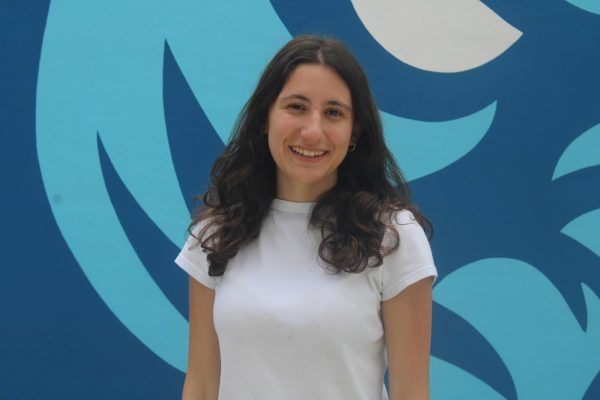On Oct. 7, Hamas — a terrorist group located in Gaza — attacked Israel, initiating an ongoing war, of which effects have been felt beyond the Middle East and into the U.S.
Many members of the Miami, Fla. Jewish community, including Rabbi Judith Siegal of Temple Judea in Coral Gables, have friends and family in Israel who are being directly affected by the war.
“Honestly, my first concern and worry was for my friends and family there. We have a lot of family members who live in Israel, who served in the IDF [Israeli Defense Force]. And both my husband and I and our kids know a lot of people there just through various programs and connections we have to Israel,” Siegal said.
Siegal recently visited Israel, where she got to visit a kibbutz — a community of Israelis living together — along the Gaza border and talk with the mayor. The mayor was later one of the first people announced dead.
Numerous synagogues in Miami changed programming and immediately reached out to the community.
“We right away changed our schedule … in the middle of celebrating a very joyous holiday, Simchat Torah. And so we changed part of the service to make it a service dedicated to Israel. That was on Saturday. And then we joined two different community-wide services that came together quite quickly. And then we changed all of our programs, like our teen programs, which was dedicated to learning about Israel and also having an opportunity to talk about what’s going on. And we have shifted our entire Shabbat [to] be dedicated to prayers for Israel,” Siegal said.
In addition to synagogues, local Jewish organizations stepped up to help raise awareness and fundraise as a community.
“I was horrified. And immediately, I was thinking about how we could respond as a community and be supportive,” Greater Miami Jewish Federation Annual Campaign Director Abbey Feinberg said.
One of the first initiatives was the Israel Emergency Fund through the Greater Miami Jewish Federation. The Federation set a goal of $10 million. The money that gets donated goes directly to the organization’s partners in Israel, where it is distributed to those in need.
“[Israel Emergency Fund] something that in a time of crisis we will open up… So, we opened one up on Saturday, which was an unusual timing for us because it was Simchat Torah and Shabbat and we normally would never communicate with our donors or even with each other on Shabbat because it is a day of rest. But, as it was an emergency, we opened it up,” Feinberg said.
Besides fundraising, the Greater Miami Jewish Federation put together rallies and gatherings for the community within a matter of days. On Oct. 10, the organization put together an Israel Solidarity Rally at the Holocaust Memorial in Miami Beach with 3,000 people in attendance in collaboration with over 60 organizations. However, with such a large group comes security concerns.
“Whenever we have any kind of large-scale event, security is always a major area of concern. Fortunately, we have amazing relationships with law enforcement in Miami, and in this case, particularly in the city of Miami Beach, who stepped forward and really ensured that the police presence was significant. And then we supplemented that with additional [security] making sure that everybody that was coming in was checking to make sure that nobody was bringing in [any] kind of weapons. So it was a very strong partnership with the cities to make this happen in such a short timeframe,” Greater Miami Jewish Federation Chief Planning Officer Michelle Labgold said.
While Jewish organizations have always been vigilant with security practices, with issues in Israel comes increased concerns in the U.S. The Miami-Dade Police Department has increased security at all Jewish organizations.
“…Our Office of Community Security has been in touch with all the Jewish institutions in town to help them with their security needs and increasing the security and monitoring any security risks,” Feinberg said.
Overall, alongside being united in their grief and pain, the South Florida Jewish community has turned these feelings into efforts to actively support Israel. In the future, the community plans to continue to raise money and hold more programs and rallies related to Israel.
“I think that the first reaction and feeling is one of grief, and pain and shock. Such a large loss of life, the largest loss of Jewish lives since the Holocaust. It is pretty painful and just shocking,” Labgold said. “And I think after we manage our shock and our grief, it’s resolved to stand united with Israel and make sure that Israel and our Israeli sisters have what they need to persevere and to continue with their lives… So, I think we are a people who have experienced a lot of tragedy and yet come out of it and look for the opportunity to find light in the darkness and continue to unite as a Jewish people.”



